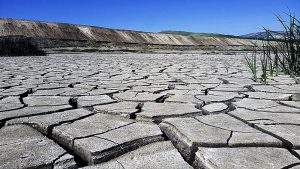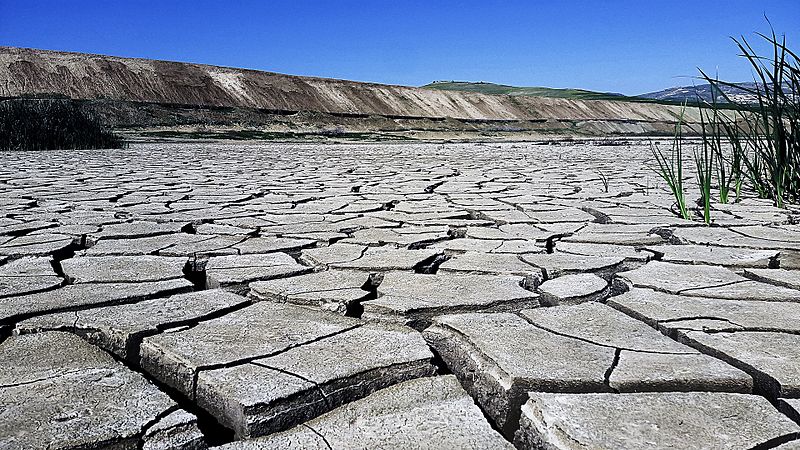On election night 2016, Kim Cobb, a professor at the School of Earth and Atmospheric Sciences at Georgia Tech, was on Christmas Island, the world’s largest ring-shaped coral reef atoll, about 1,300 miles south of Hawaii.
A climate scientist, she was collecting coral skeletons to produce estimates of past ocean temperatures. She had been taking these sorts of research trips for two decades, and over recent years she had witnessed about 85 percent of the island’s reef system perish due to rising ocean temperatures. “I was diving with tears in my eyes,” she recalls.
In a row house made of cinder blocks on the tiny island in the middle of the Pacific Ocean, she monitored the American election results, using a satellite uplink that took several minutes to load a page. When she saw Donald Trump’s victory, she felt shock and soon descended into severe depression. “I had the firm belief that Washington would act on climate change and would be acting soon,” the 44-year-old Cobb says. “When Trump was elected, it came crashing down.”
Back home in Atlanta, Cobb entered what she now calls “an acute mental health crisis.” Most mornings, she could not get out of bed, despite having four children to tend to. She would sob spontaneously. She obsessed about the notion that the US government would take no action to address climate change and confront its consequences. “I could not see a way forward,” she recalls. “My most resounding thought was, how could my country do this? I had to face the fact that there was a veritable tidal wave of people who don’t care about climate change and who put personal interest above the body of scientific information that I had contributed to.” Her depression persisted for weeks. “I didn’t recognize myself,” she says.

Nine months after the election, Priya Shukla, a Ph.D. student at the University of California-Davis who studies how climate change affects shellfish aquaculture and coastal food security, was in the Bodega Marine Laboratory, examining data showing rising ocean acidity caused by greenhouse gas emissions. She was also binge-listening to the podcast S-Town, which focused on an eccentric and troubled man prone to obsessing—ranting, really—about the possible apocalyptic effects of climate change. Shukla, 27 years old, realized she was “emotionally exhausted” by the toll of constantly scrutinizing the “huge tragedy” happening in the oceans. “I did not want to experience that fatigue,” she says, “because then I wouldn’t want to do this work anymore.” She decided to see a therapist. And these days she sometimes has to stop reading scientific papers: “I’m tired of processing this incredible and immense decline—and I’m a contributor to the problem. I have to walk away from the papers and don’t want to face myself in the mirror. I feel profound sadness and loss. I feel very angry.”
It’s hardly surprising that researchers who spend their lives exploring the dire effects of climate change might experience emotional consequences from their work. Yet, increasingly, Cobb, Shukla, and others in the field have begun publicly discussing the psychological impact of contending with data pointing to a looming catastrophe, dealing with denialism and attacks on science, and observing government inaction in the face of climate change. “Scientists are talking about an intense mix of emotions right now,” says Christine Arena, executive producer of the docuseries Let Science Speak, which featured climate researchers speaking out against efforts to silence or ignore science. “There’s deep grief and anxiety for what’s being lost, followed by rage at continued political inaction, and finally hope that we can indeed solve this challenge. There are definitely tears and trembling voices. They know this deep truth: They are on the front lines of contending with the fear, anger, and perhaps even panic the rest of us will have to deal with.”
Read more: Mother Jones




